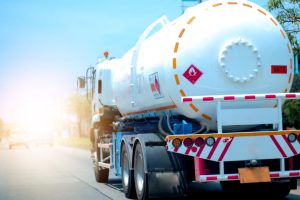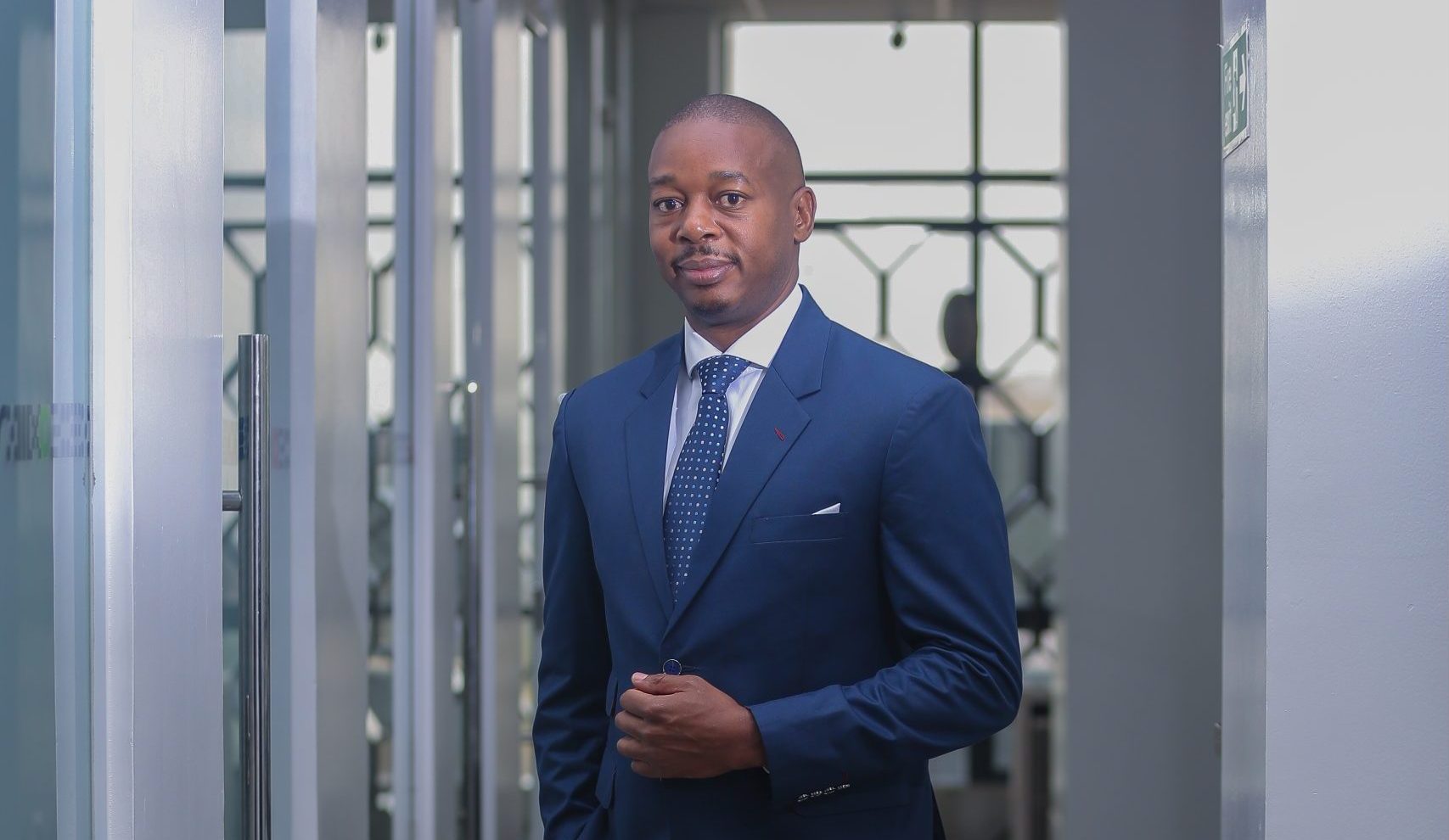Sahara Energy Limited is an oil marketing business incorporated in Kenya as an importer, wholesaler and retailer of petroleum products. The business model is predominantly Business-to- Business (B2B).
The company is a wholesale and berth trading venture, and its customers are mainly other oil marketers predominately independent retailers in the country.
The firm was incorporated in 2014 with an aim of being the energy provider of choice in the region, but it’s until 2020 that it started trading.
“We got an importer license in 2019 and the business started trading officially in July 2020,” said Mr. Herbert Omune, Sahara Energy Ltd, Chief Executive Officer (CEO).
The business started at the height of COVID-19 pandemic. “At that time, the pandemic had lowered the barriers to entry to many industries, and during that time everyone was at the wait and see mode,” said Mr. Omune.
The CEO said, during that time fuel prices went negative because of economy- wide pandemic-related closures. And as the COVID-19 pandemic continued to spread across the world, Saudi Arabia, the world’s second- largest oil producer behind the United States, urged fellow Organization of the Petroleum Exporting Countries (OPEC) members and Russia to cut production. “When we were entering the market, the business was very low.”
The company is a buyer in the Open Tender System (OTS), which is a bulk purchase system in the country. Most of the firm’s customers are other entities like them, and non-branded oil retailers and other end user customers both locally and in the region across different industries.

With the shutting down of the refinery plant in Changamwe, Mombasa in 2013, Kenya currently imports all its petroleum products in refined form. The Ministry of Petroleum and Mining coordinates this activity with oil marketing companies through the Open Tender System (OTS). The Kenya Pipeline Company (KPC) provides products movement infrastructure including storage and oil pipeline services.
Since 2020, the firm has grown and currently has a market share of about 0.5 percent. Latest statistics from Energy & Petroleum Regulatory Authority (EPRA) indicates there were over 71 registered oil-marketing companies and 1,695 registered retail stations in Kenya as of 2020. These are companies, which market, sell and distribute oil products such as diesel, kerosene, gasoline (petrol), lubricants, and liquefied petroleum gas (LPG).
Importation of petroleum products through the OTS allows all the Oil Marketing Companies (OMCs) to access petroleum products at the same price and therefore ensures competition in the petroleum market. The market has proved competitive over the last two years.
Mr. Omune said to strengthen their footprint in the local market, they plan to grow their retail footprint. “I think in three years that we’ve been in this business we have found a footing. We have started rolling out our own branded Sahara Energy stations. We are also supporting other several networks that are not branded Sahara Energy. We are the ones who are ensuring that they always have fuel.”
Similarly, the venture has also undergone a set of challenges. For instance, between November and December 2020, there were US Elections and after that, came the COVID-19 vaccine which led to a different outlook in the oil industry globally.
The global economy started waking up as lockdown measures across various economies eased, and that meant that Sahara Energy’s business needed more operating capital. “KCB Bank came in and gave us a good jump into it to ensure that we continued to operate,” said Mr. Omune. He added: “Ours is a globally traded product and the business is usually affected with what is happening in the world. The Russia – Ukraine war has also affected our business. This has been tough on our business because this has strained our working capital and has impacted our volumes as a new business.”
According to the CEO, they have been looking for new ways of competing in such an environment to ensure that they survive. “There has been a lot of challenges and changes in the industry in the past three years and the fact that we are still in operations, it means that as a new business, our fundamentals are strong.”
Prices stabilization and fuel subsidies have also caused the firm to spend more on working capital. This has impacted on the company’s growth strategy from CapEx perspectives because they were never faced with such issues.
“You really need to go back and relook at your growth strategy and maybe reduce the CapEx spent and make sure that it continues to have enough capital to fund the day-to-day operations of the business,” he said.
However, Mr. Omune is optimistic of a bright future for Sahara Energy. In the next five years, the company target is to increase its retail footprint. “This will give us a brand visibility that we need to get close to the customers. In the next five years we will be having 10 -15 outlets across the country.”
And on the B2B model, Sahara Energy targets a regional expansion and be in a position to load its customers in different ports, and take advantage of the East African Community. “There are many landlocked countries around us which depend on Mombasa and the Port of Dar-es-Salaam to be able to get their fuel requirements. We need to be everywhere that there is a port.”

 Herbert Omune, Sahara Energy Ltd, Chief Executive Officer (CEO)
Herbert Omune, Sahara Energy Ltd, Chief Executive Officer (CEO)









